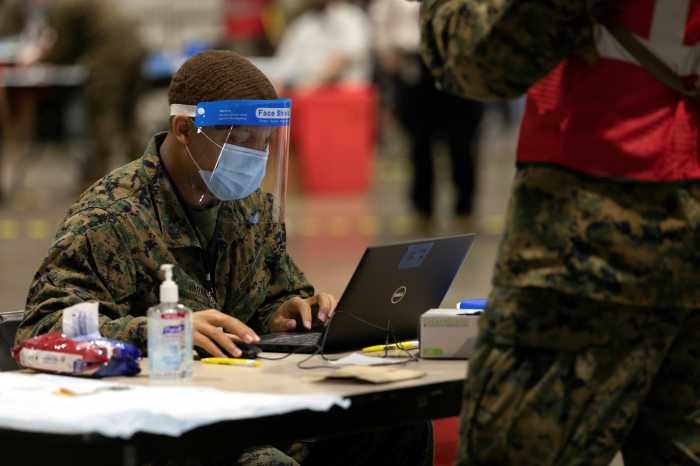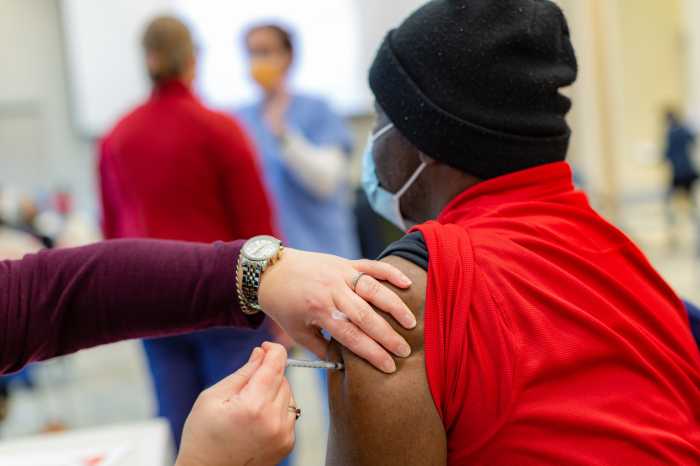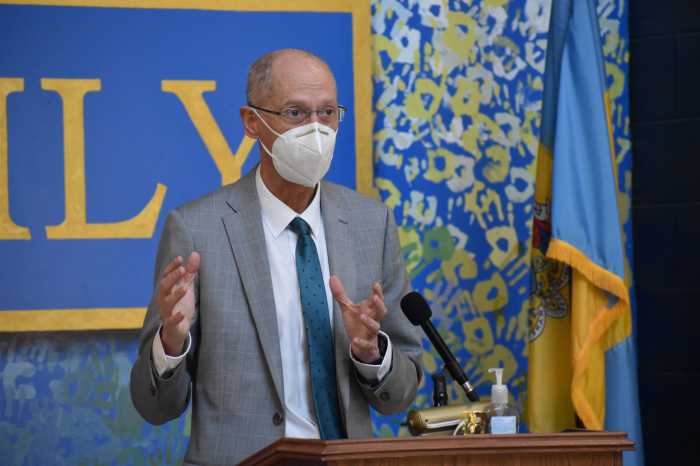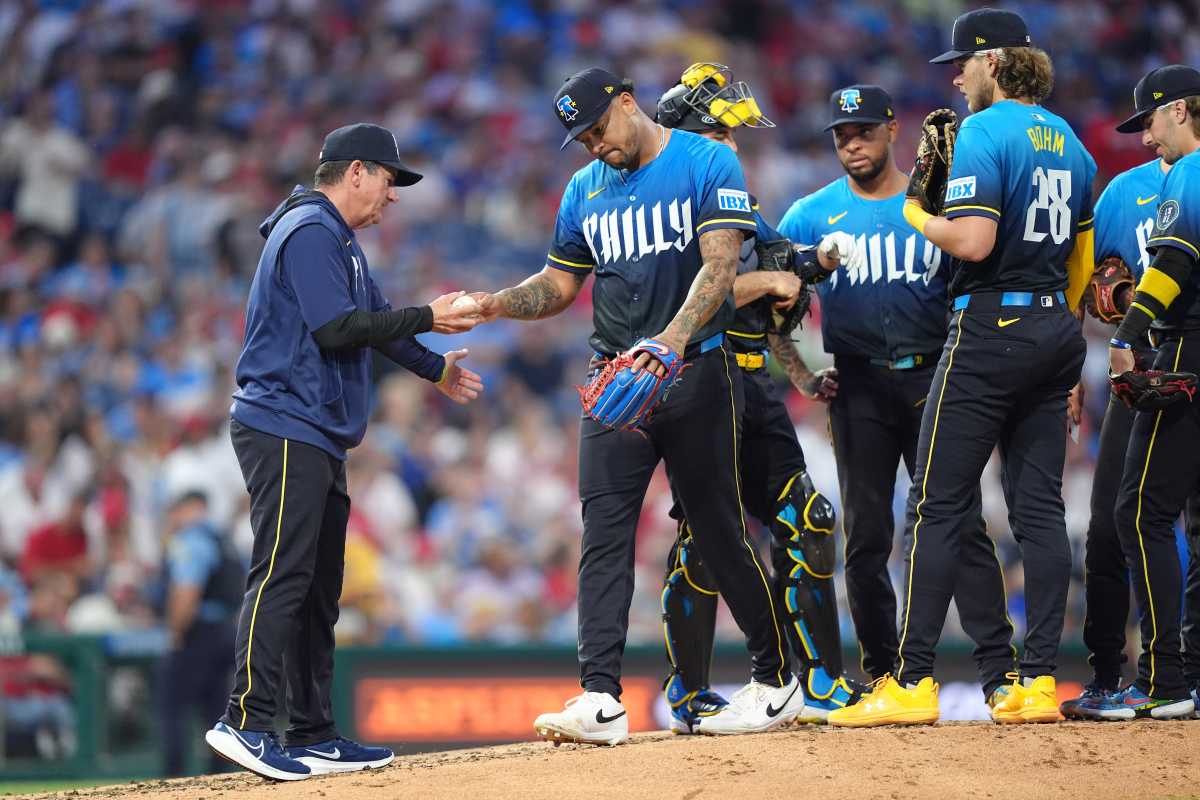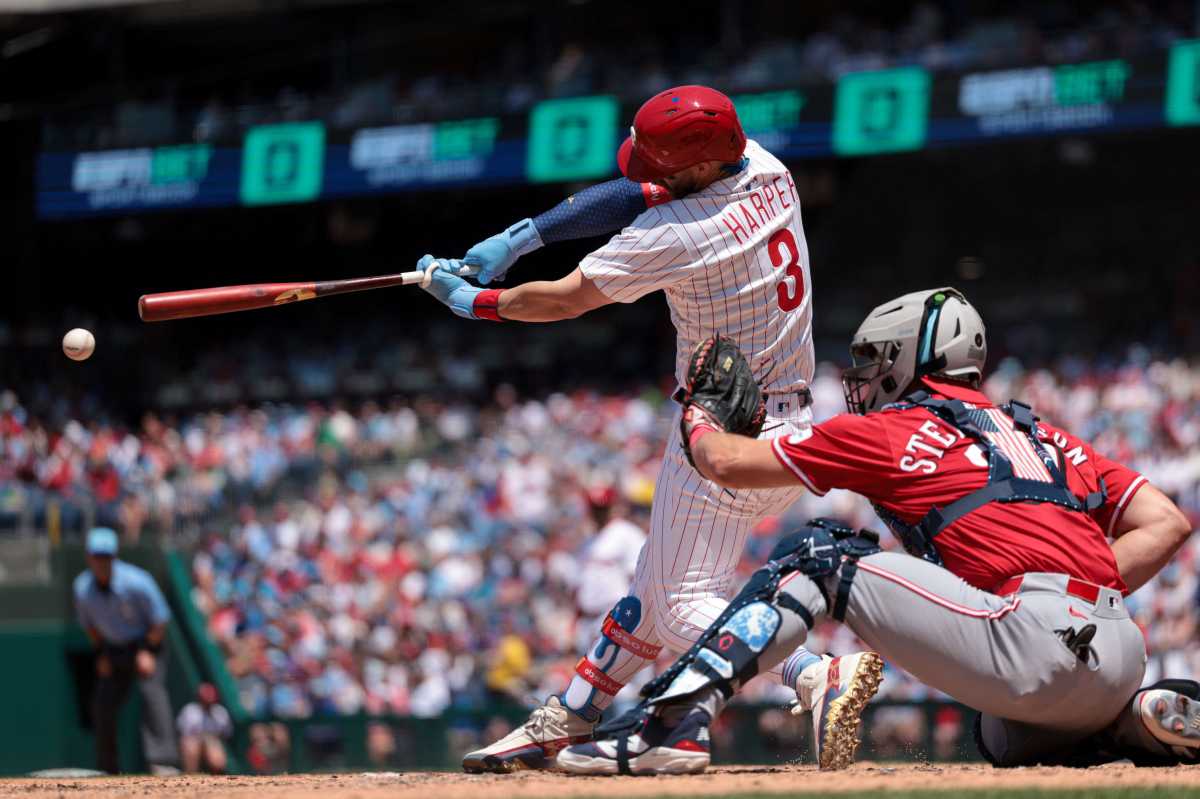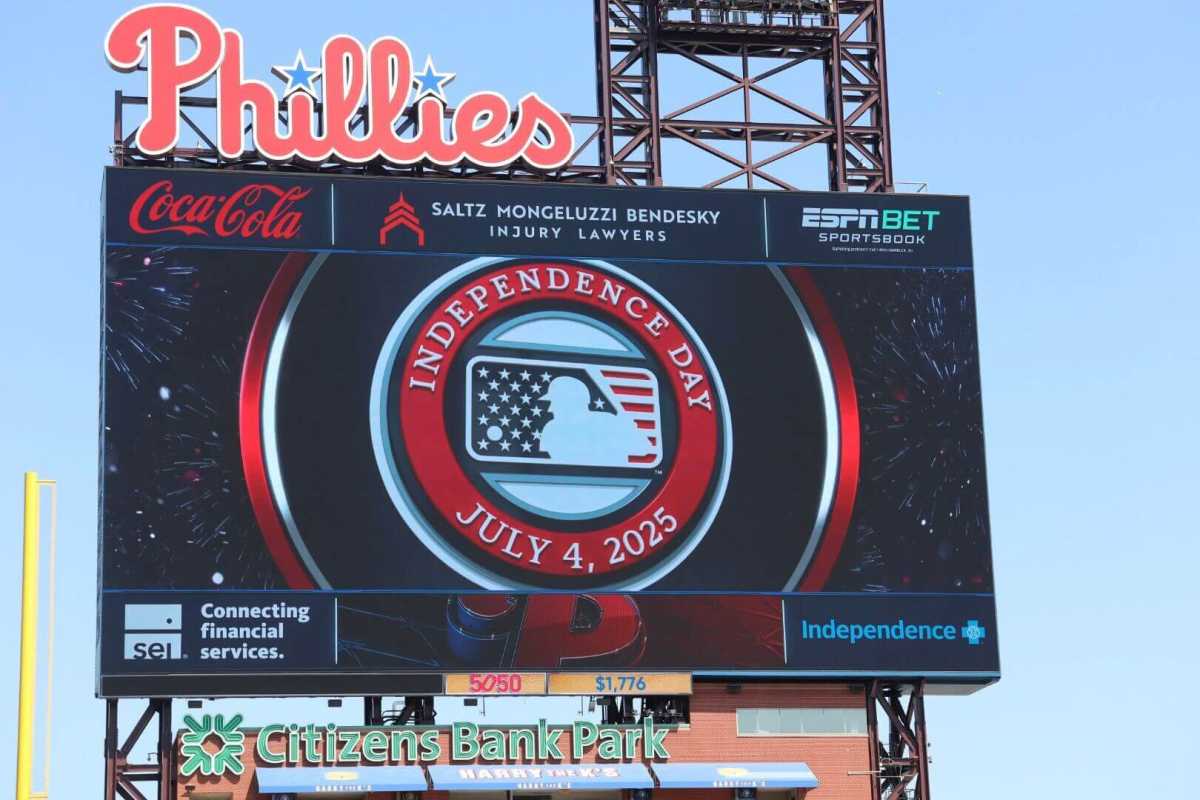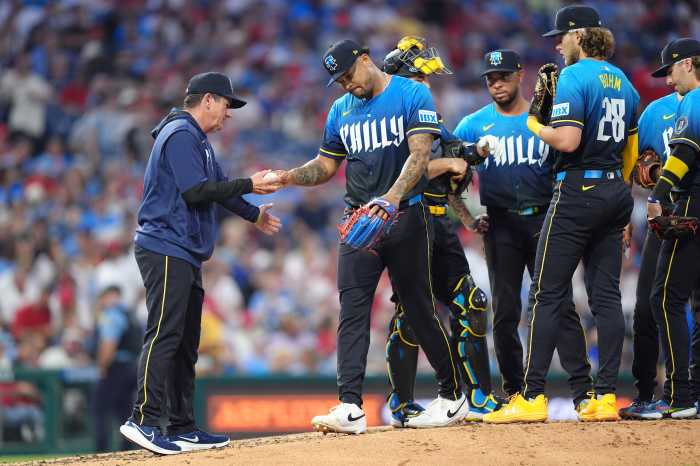Is it time to consider rolling up your sleeve for another coronavirus vaccine?
Updated boosters – known as bivalent vaccines, which target both the original coronavirus and Omicron strains – were rolled out for adults in September, and, last month, they became available for children between 6 months and 4 years old.
Booster guidance from the U.S. Centers for Disease Control and Prevention varies depending on a person’s age, vaccine type, the length of time since their last dose, and whether they have a weakened immune system.
The CDC recommends the updated boosters for people ages 5 and older if it has been at least two months since their last shot. Younger children, down to 6 months old, who received Moderna are also encouraged to get another dose.
Anyone who recently contracted the virus “may consider delaying” a booster until three months after their symptoms started or they tested positive, according to the federal guidance.
People over the age of 5 can mix-and-match vaccine brands, meaning their updated booster can be different from their primary series or previous booster.
CDC guidelines state that children under 5 should get the same brand for all their doses. For 5-year-olds, those who received the Moderna shot can get any bivalent vaccine, while kids who got the Pfizer-BioNTech should stick with Pfizer.
There is no need for a booster for children who received three shots as part of their initial Pfizer-BioNTech vaccine series, according to the CDC.
Anyone who received a Novavax vaccine can get a Moderna or Pfizer-BioNTech bivalent booster; and those vaccinated with a Johnson & Johnson’s Janssen inoculation should talk with a healthcare or vaccine provider about their options for additional doses.
Immunocompromised adults and children, in most situations, are advised to get a booster at least two months after completing their three “primary” series shots, depending on their vaccine type.
To get a booster, residents must bring their CDC vaccine card or a photo of their vaccine card. Those inoculated in the city can request a replacement card by uploading a form of identification and completing an online application.
Walk-in vaccinations are offered at the Philadelphia Department of Public Health’s Health Center 3 Annex (4219 Chester Ave.), Berks Street Annex (2001 W. Berks St.), Health Center 6 Annex (301 W. Girard Ave.) and Health Center 10 Annex (2230 Cottman Ave.) from 8 a.m. to 1 p.m. on Mondays, Wednesdays, Thursdays and Fridays.
Shots are also offered in a multitude of other clinics and pharmacies. For a comprehensive list of COVID-19 vaccine providers, go to vaccines.gov or call 1-800-232-0233. The shots are offered at no cost to patients.
In an attempt to prevent viral spread, the School District of Philadelphia began mandating masks in buildings when students returned from winter break on Tuesday. The requirement is set to continue through next Friday.
Between Dec. 19 and Jan. 1, 132 students and 178 employees reported testing positive for COVID, according to the district’s dashboard.
Citywide numbers show that infections stabilized in recent months, with the last large case spike occurring around this time last year.
The test positivity rate has been hovering at around 10%, according to health department data last updated Dec. 29.

Metro is one of more than 20 news organizations producing Broke in Philly, a collaborative reporting project on economic mobility. Read more at brokeinphilly.org or follow on Twitter at @BrokeInPhilly.



